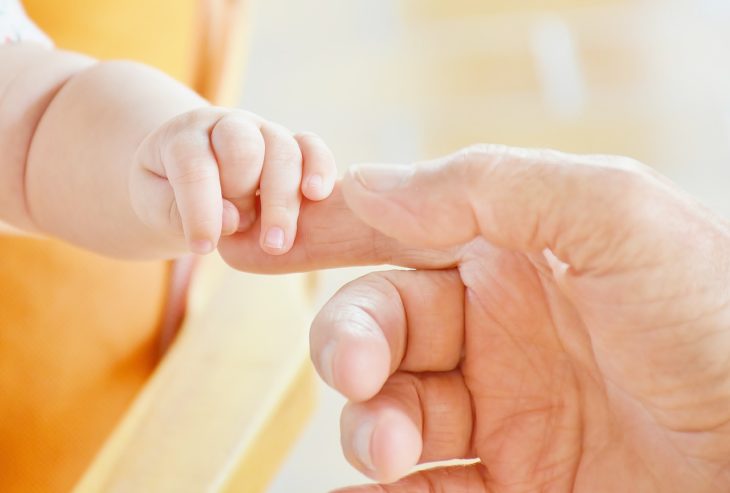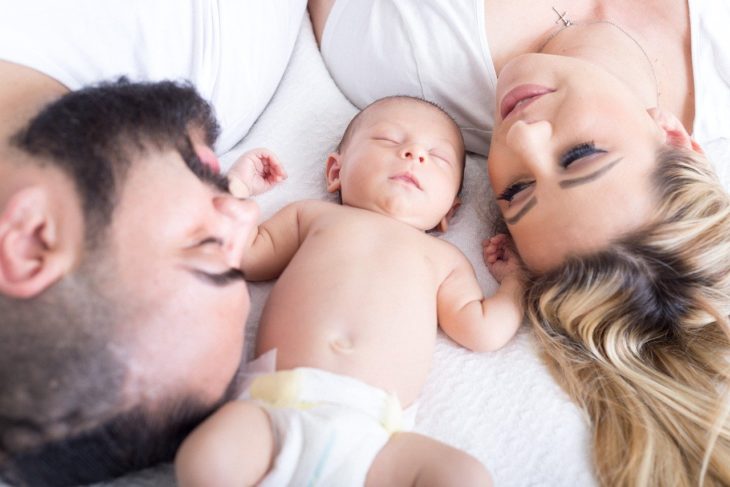Almost exactly year ago, TIME magazine ran a cover story called “The Childfree Life” about the rising number of Americans who were opting not to have kids. One of those couples was Paul and Leah Clouse, who both felt that they couldn’t balance their creative interests (a bakery for her, a blog for him) and also be good parents. “If we decided to have children, we’d have to grieve the life we currently have,” Leah said.
Now, it looks like the grieving time has begun. Because the Clouses are having a baby.
If you go to Leah Clouse’s Facebook page, you’ll see that her profile photo is now an illustration of her (with pregnant belly), Paul, and their two cats, with a note reading “Baby Clouse Arriving April 2015.” For many people, having a baby is a joyous occasion, and I’m happy to congratulate friends when they welcome children of their own. But I just can’t feel too happy for the Clouses.

Source: Pixabay
As a childfree by choice woman, I know what it’s like to do the math in your head over and over again and realize that parenting just isn’t in the equation for you. And I also know how frustrating it is when so many people assume your life choice is “just a phase” and you’ll change your mind. In fact, I ended a serious romantic relationship when my partner confessed he’d changed his mind and wanted to have kids after all. For me, being childfree isn’t about waiting for the right guy or the right time; it’s about realizing that motherhood is simply something I don’t want no matter the circumstance, and that it’s OK to feel that way.
Because being childfree is still a minority lifestyle, every magazine article or TV news segment is an important step toward legitimacy. When the Clouses agreed to be photographed and interviewed about their lifestyle for a major national magazine’s big cover story, they agreed to be faces of a movement. By having a child, now they no longer represent that movement but also make life more difficult for the rest of us in it. For many of us childfree people, their turnaround means yet another flurry of emails from family members who want to know if we’ve changed our minds yet, too. It means yet another thing that a stranger can say when they hear that we’re childfree – “That lady from TIME magazine changed her mind, though, so never say never!” This gives more ammunition to the “well-meaning” people on the internet who read my articles about being childfree and think they know my own mind better than I do.
I don’t know what made Leah and Paul change their minds, although there has been plenty of speculation. Did they only do the original interview for attention or publicity for their creative businesses? Did they simply get older and decide they wanted a different kind of life? Were they starting to feel envious of friends and relatives who had kids? Ultimately, only they know. A poster claiming to be Leah wrote on a Reddit thread about her pregnancy:
“We were very upfront about being fence sitters. I was not aware at the time, but my aversion to having kids was due to abuse i experienced from my parents. It wasn’t until I worked through those issues in therapy that I realized. It was most certainly never our intent to misrepresent a community we very much found solace in.”

Source: Pixabay
If that’s true, then add another unfair and dangerous cliché about childfree people to the mix: that we’re all scarred by terrible childhoods and in desperate need of therapy. (For the record, I’m close to my own parents and had a happy, fortunate upbringing.) The Clouses’ pregnancy only underlines how important it is to distinguish between people who are childfree (do not plan to have children, ever) and people who are childless (they might be undecided about having kids or feel that they can’t because of external factors like finances). Though the terms are similar and sometimes used interchangeably, there’s actually a wide gulf between them.
The Clouses don’t owe me an explanation, nor do they owe me – or anyone else in the childfree community – an apology. But I hope that if they are “grieving” for their previous kid-free lives, they’re also thinking long and hard about the way that their decision affects people beyond them. And that they have something good to say when their son or daughter gets ahold of that TIME article someday.
Original by Lilit Marcus
